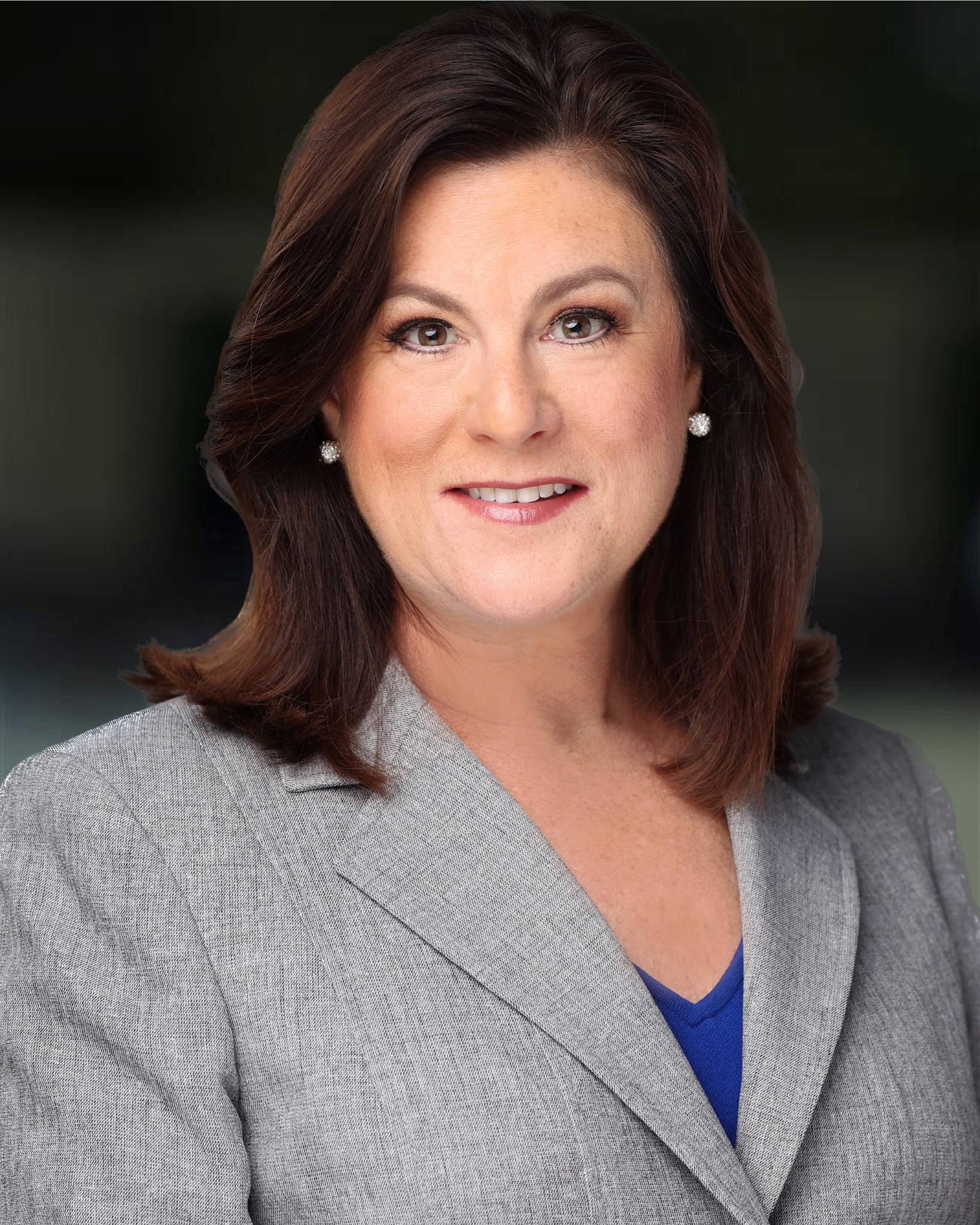“I’m sorry for your loss” is a common refrain when someone loses a loved one. It’s one of the safest phrases to say to a grieving person. I would advise against some other often-used phrases, such as “they’re in a better place” or anything that begins with “at least you”. However, what people don’t realize until they go through it is that there are many “losses” with each death. You not only lose some connections to friends and family, special traditions, a co-parent for your kids who may need even more help now, etc. The ripple effect can be extensive.
In addition to these secondary losses, there are decisions to be made that can alter your future (solo aging) and lead to secondary losses. For example, now that the husband (for example) is gone, the wife may need to sell the family home because managing it is more than time or money allows. Or, she may need to pull the kids out of private school because his income is gone. Maybe the couple had a second home, and she needs to determine what to do with it. These aren’t just economic decisions; they are very emotional considerations. You may think, “he wouldn’t want me to do this or that.” And you may be right, but things have changed. We want to temper financial analyses with these emotions. And the right answer can sometimes depend on timing, so we want to consider that.
If it’s possible to wait a year or even two before making big and permanent decisions, that can help take the edge off the pain of making a difficult decision. Economic considerations can play a role in not waiting too long. I made the tough decision to sell our family home two years after my husband passed. It was something that I had been considering because it was more house than I needed, but I didn’t want my kids (then ages 23 and 21) to suffer the secondary loss of losing their childhood home on top of the loss of their father. We had always thought our future grandkids would visit that house one day, and we could show them where their parents grew up. However, we never thought that either of us would die in our 50s, so the future started looking different, and I knew downsizing in the short term was definite. Once I found out that the tax consequences of waiting just another six months to sell would be significant, I had to move (literally). Why had no one explained this to me earlier? With no time to waste, I scrambled to get rid of furniture and put personal effects in storage. And by this time, I was emotionally ready and had the energy to make this transition. The hardest part was telling my kids.
We work to formulate a tailored plan that suits the individual’s timeline and needs so that things don’t have to be rushed. It’s important to remember that these decisions don’t have to be made in isolation, and that our experience of helping individuals for over two decades means that we have seen it all. We’re here to help mitigate financial losses and help our clients achieve their personal and financial goals.




.jpeg)


.jpeg)


